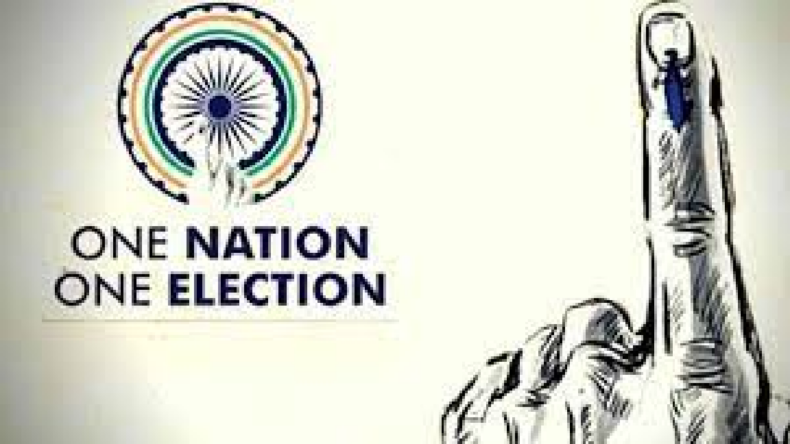India has a framework of complicated Politics. One Nation One Election constitutes a substantial and expansive idea. At its foundation, this idea promotes the coordination of all elections held in India, from those for state legislative assembly. It also includes the local bodies at the national level, where the Lok Sabha elections conduct their elections. The main goal is to coordinate these elections’ timetables so that they take place across the entire country together following a schedule. India experiences a continuous electoral cycle, with elections at all levels recurring at different times. This approach has several negative consequences, including high election-related costs, recurrent political diversions, and significant disruptions in governance. On Saturday, September 2, the Center established a committee on various administrative and legal aspects to understand this policy.
The Eight-Member Panel and Their Duties
The eight-member group, which includes Union Home Minister Amit Shah and former President Ram Nath Kovind, has been given seven terms of reference by the Law Ministry. Examining whether the states would need to enact a constitutional change to allow for concurrent elections is one of the topics of discussion and concern.
The Responsibilities of the Panel
- To give suggestions for the amendments of various acts of the constitution that are associated with elections
- Giving a time frame and structure for the elections
- To plan and maintain the continuity and flow of elections
- To Evaluate the manpower, required to conduct the elections
Some legislative legislatures prematurely collapsed in 1968 and 1969, while the Lok Sabha dissolved in 1970. This event pushed the government and the states to modify their election schedules.
Pros and of One Nation and One Election Policy
- Reduction in the cost of election
- It will save time as the government can focus on governance instead of polling votes.
Cons of the One Nation and One Election Policy
- For this new policy, the acts associated with the election will undergo amendment. It is a tedious and time-consuming process.
- The regional or local parties may suffer as they might not have sufficient resources to compete with the National parties. They will be marginalised and sidelined.
- Election Campaigns stretching over long periods may cause voter fatigue.
The Response of various Political leaders
The Chief Minister of Delhi, Arvind Kejriwal, opposed this idea and said instead of One Nation One Election, the ruling party should focus on One Nation One Education, which will provide quality education to children irrespective of their financial backgrounds. He questioned the effectiveness of this policy and its implementation.
Congress leader Rahul Gandhi argued that this new implementation is an attack on the union and the states. Mallikarjun Kharge, the president of the Congress, stated on Sunday that one nation, one election is a sudden move or drastic change that will sabotage the democratic system and the constitution.
Conclusion
The implementation and application of such a reform into practice is not an easy task. It entails complicated legal and constitutional issues in addition to practical difficulties. This policy also requires cooperation and agreement across states, which have their particular political dynamics and concerns.












